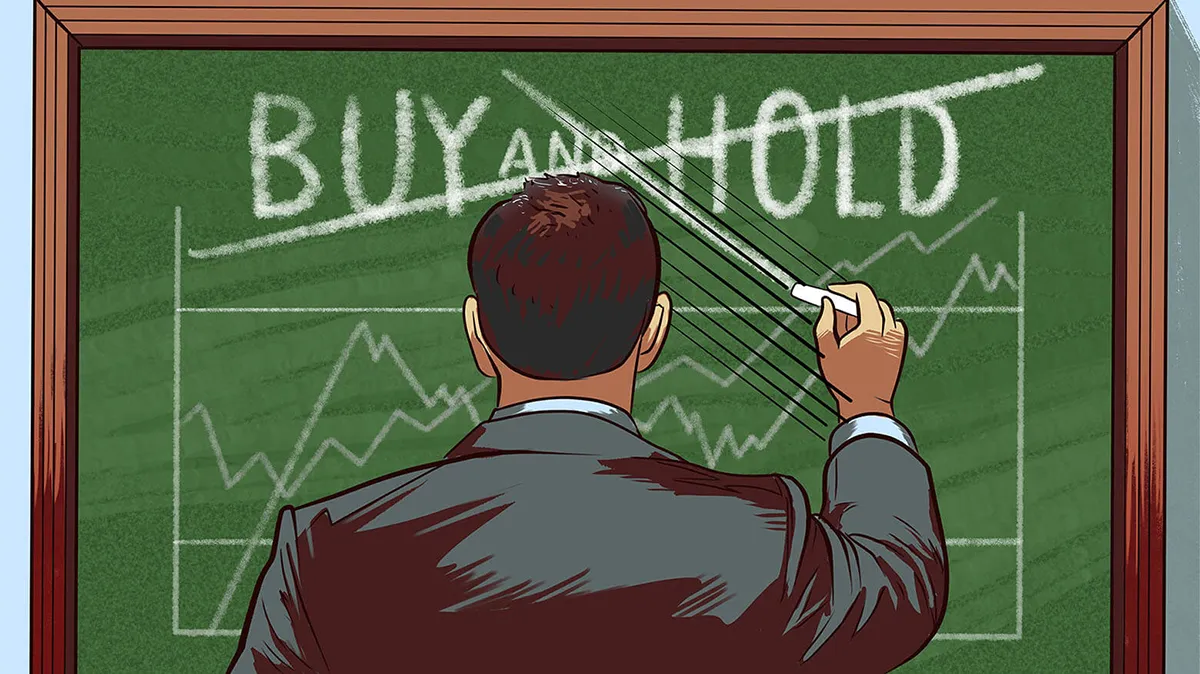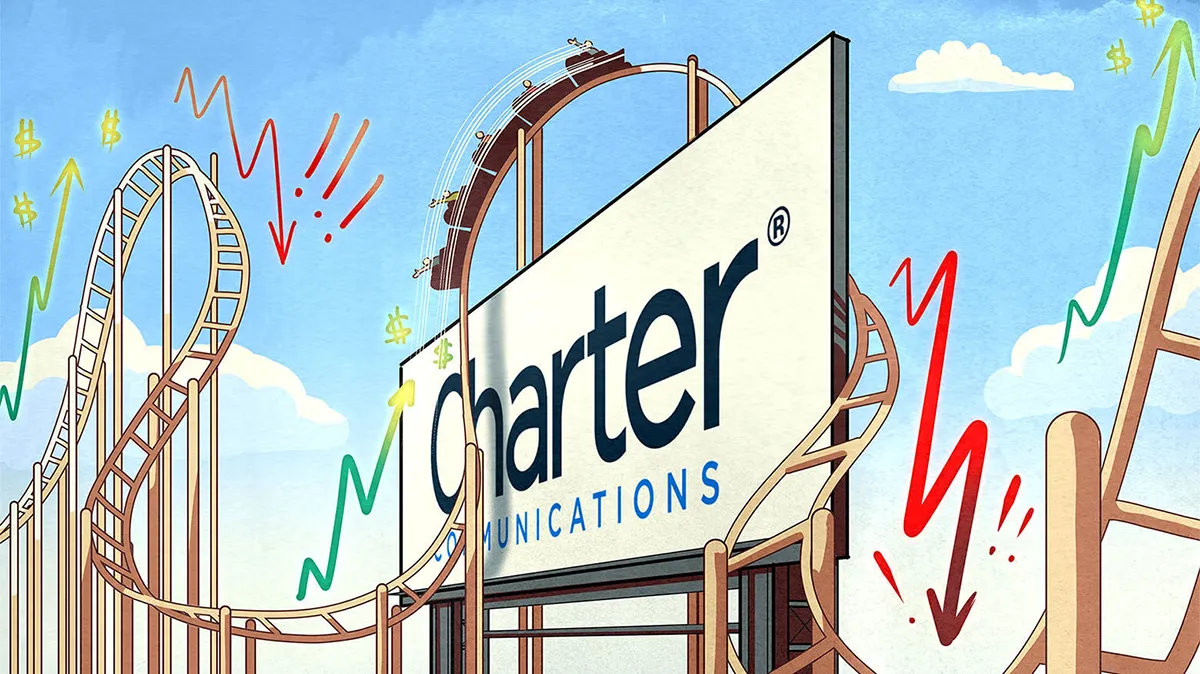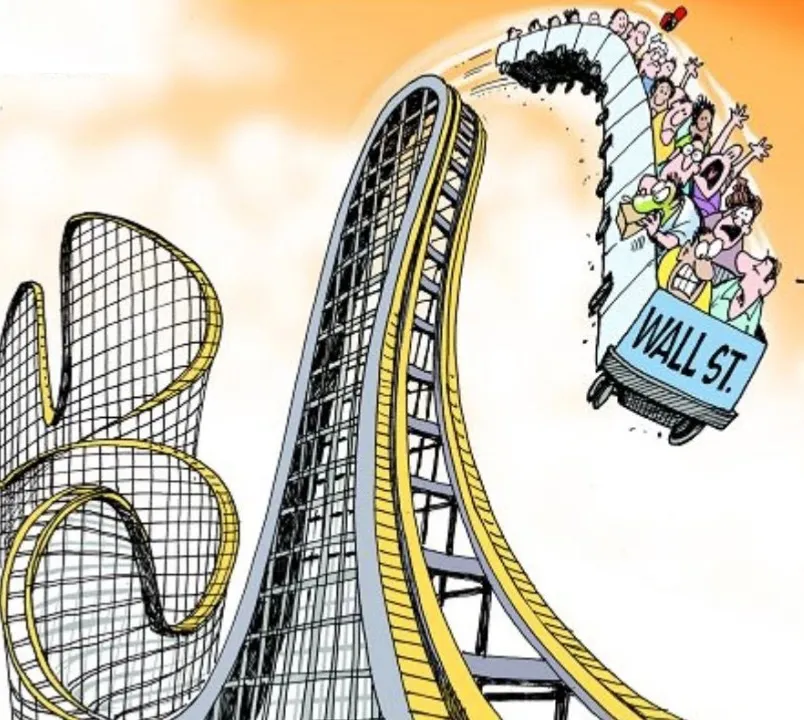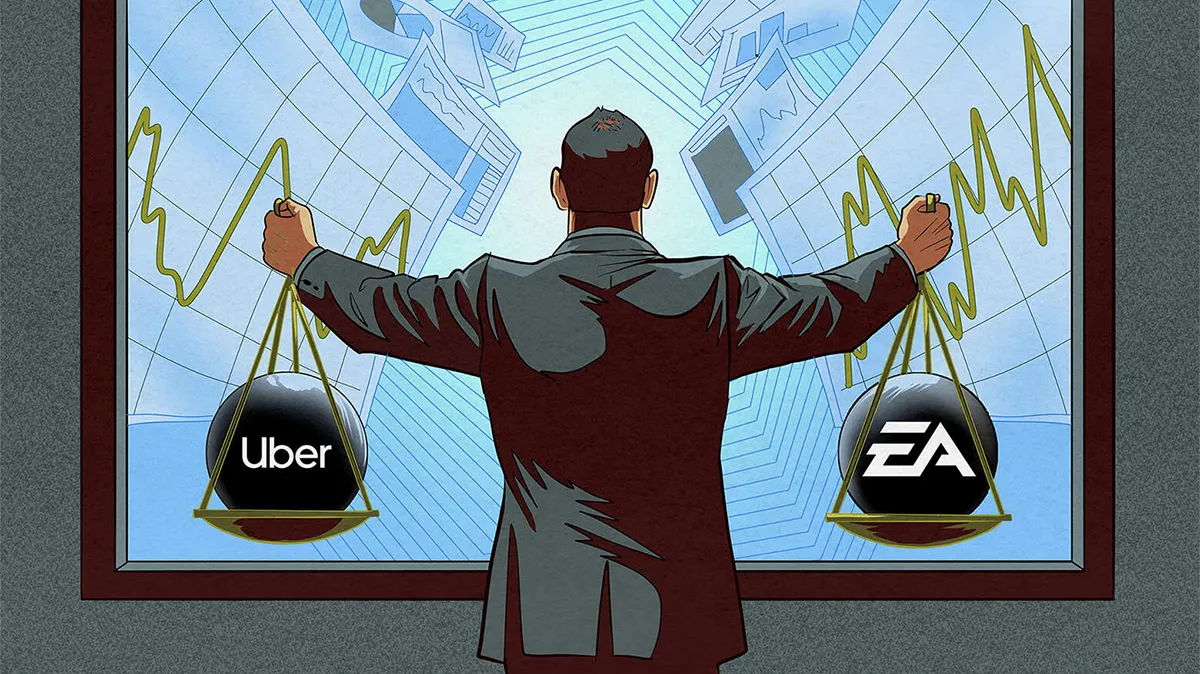My doctor said that my bad cholesterol is high, and of course my good cholesterol is low, and I’m too fat (well, actually the wife said that). So, instead of following the fine American tradition of supersizing my Big Mac with Lipitor, I’ve decided to take a slightly different route – I tweaked my diet: consume more fish, drink a spoon of fish oil and eat walnuts daily, increase consumption of oatmeal. I still drink beer, I just don’t enjoy it as much, as the guilt lessens the pleasure (I am having poker game at my house tonight; I’ll try out “light” beers). I also started to exercise. I don’t have the patience for traditional workouts – I get bored lifting weights or riding a stationary bike into nowhere. So I found a better solution: I ride a bicycle to work. It’s about 7 miles each way, most of it through the park, and 40 minutes later I’m at work. Here’s the best part: I get to listen to podcasts on my iPhone as I pedal.
Today I’ve caught up on my last three BusinessWeek podcasts, called “Story Behind the Story.” John Burns, BW’s editor, interviews the reporter who wrote this week’s cover story. These podcasts are fantastic, because you often get a good overview of the lengthy article, but also some interesting new insights.
One talked about the Chinese shopping spree. China has found that it is hard to diversify away from the US dollar without shooting itself in the foot by driving the dollar down (thus devaluing its dollar reserves), and so it’s going on a buying spree of foreign businesses – smart! Unlike the Japanese, who in the late ’80s were buying up the world and paying market or above-market prices, the Chinese are buying things on sale – things tend to be cheaper during a recession.
Another podcast talked about Microsoft, a stock I own and have written about. Microsoft has been doing a lot more things right than wrong lately. But introducing free online Office (supported by advertising) will be a very tricky endeavor, because it has to make sure that it doesn’t cannibalize its core Office business. The upside here is that Microsoft may be able to capture a new customer – the one that used but never paid for Office (like most people I know who use Office at home) or the ones who are not using Office, or using Google’s apps.
The last podcast discussed retirement. Here is what I took out of it: stocks for the long-run, no more. The promised average 7% real (after inflation) rate of return from stocks, also called Siegel’s constant (after Jeremy Siegel, Wharton professor who wrote Stocks for the Long Run), only exists if your long run consists of decades. Here is the chart from my book that shows how the “real” rate of return came about. Range-bound markets took the above-average real (after inflation) returns of bull markets, splashed them with their below-average real rates of return, and voila, you got yourself stocks for the long-run rate.
I read this week that McGraw-Hill is putting BusinessWeek up for sale. The magazine got a lot thinner over the years – fewer pages means fewer advertisements; I am sure it’s bleeding money. I hope McGraw-Hill finds a buyer; BusinessWeek is a terrific magazine and the best contrarian indicator, period.










0 comments